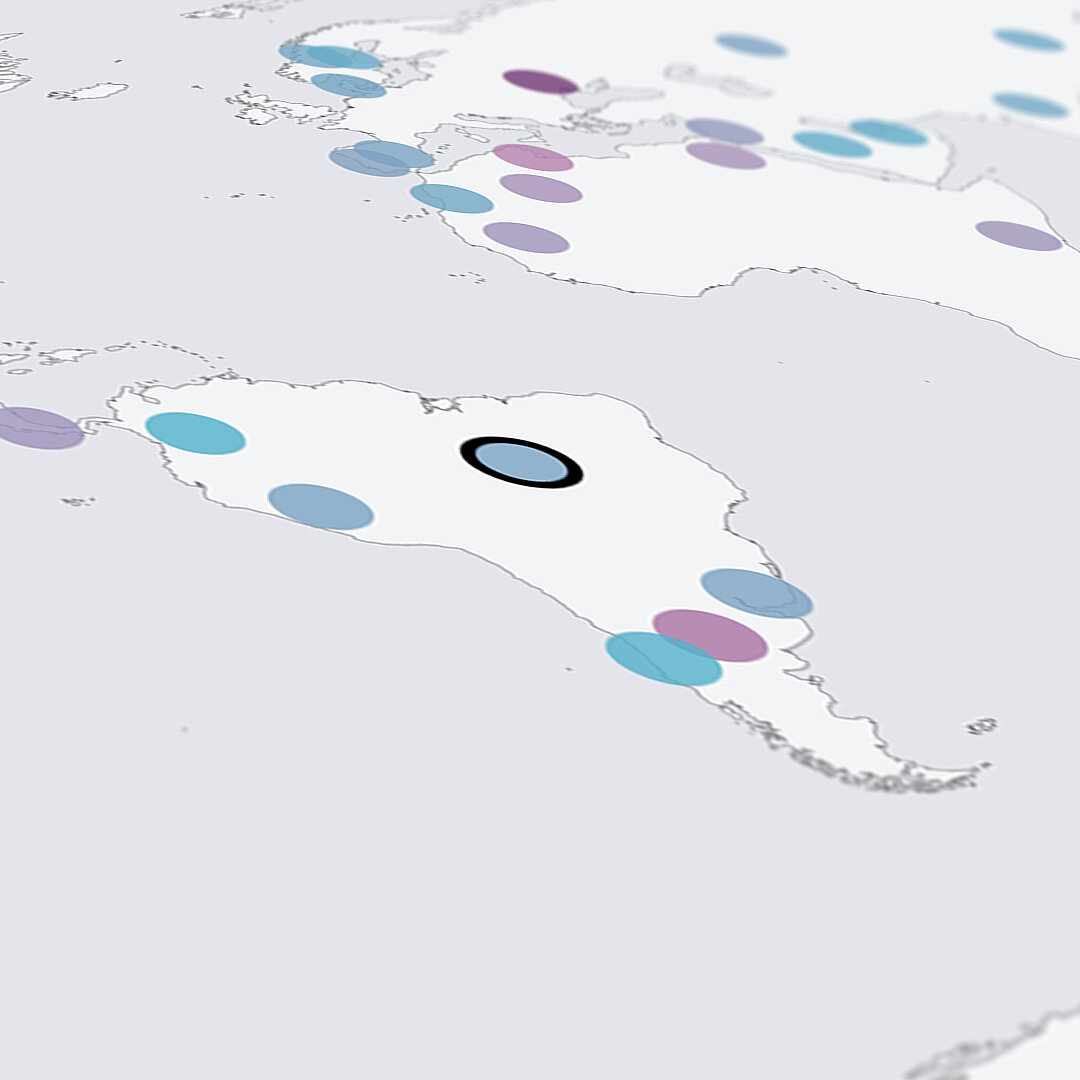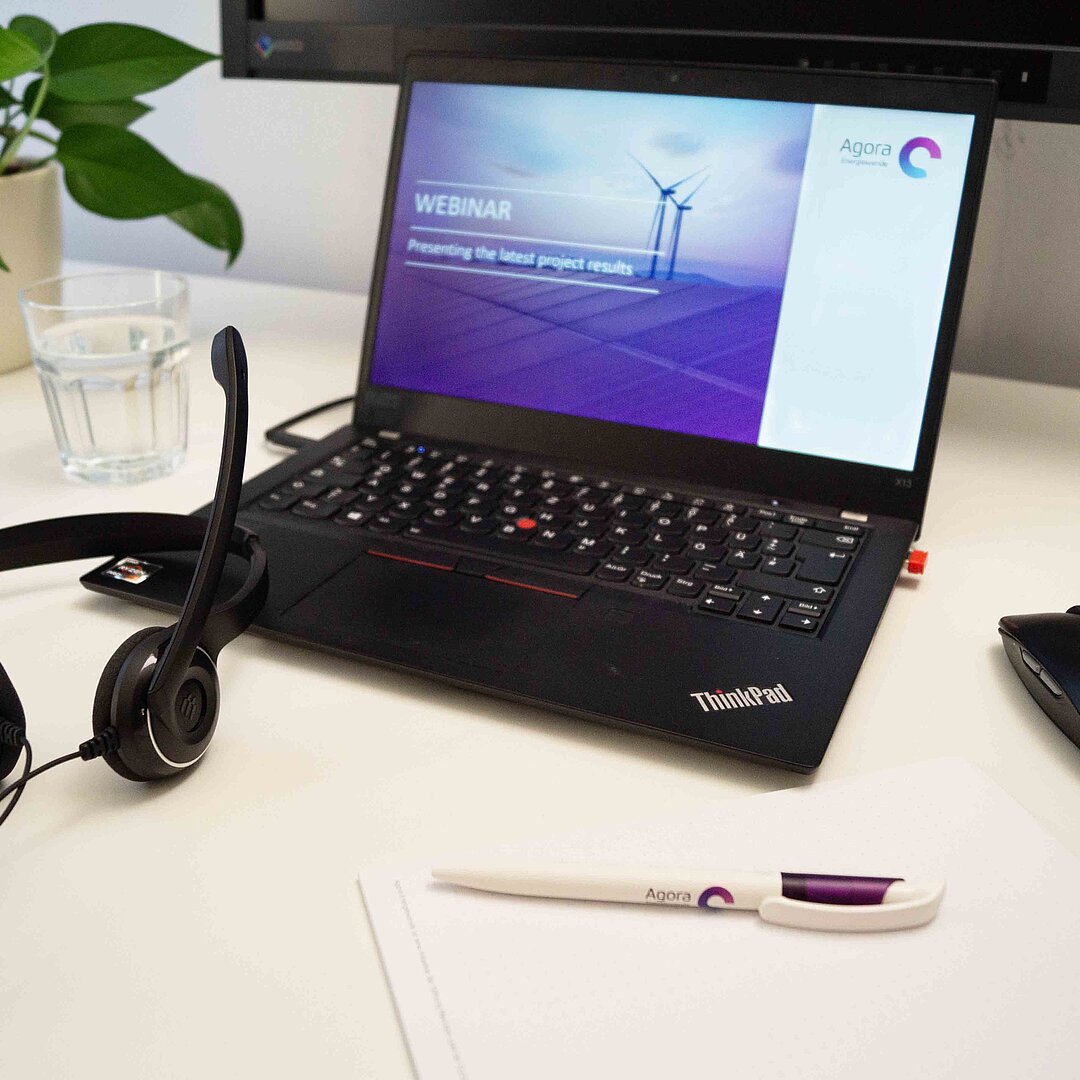-
The global fossil energy crisis is affecting global fertilisers production due to rising costs for ammonia.
Heavy reliance on fossil gas in fertiliser production makes the industry carbon-intensive and vulnerable to price shocks as seen currently.
-
Green ammonia can decouple fertilisers production from natural gas.
Producing fertilisers with renewable energy instead of fossil fuels would help reduce greenhouse gas emissions and increase the sector’s resilience. However, the price gap between fossil and renewable hydrogen is a key challenge for Argentina to scale up green ammonia production.
-
Argentina has unique conditions to address the crisis in a sustainable way.
Argentina could build up its ammonia production capacity using the existing natural gas reserves, while developing its vast renewable hydrogen potential in order to switch to green ammonia as fast as possible. This could create jobs, reinforce food security, and help to the decarbonise industry.
-
The international community would gain from supporting Argentina’s efforts to enhance the production of green ammonia and fertilisers.
International support and investment can help to overcome economic challenges in the production of green ammonia, guaranteeing a sustainable development of Argentina’s industrial sector. Countries worldwide could benefit from a more diversified fertiliser supply chain.
Argentina as a hub for green ammonia
A forward-looking development strategy for addressing the global energy and climate crises
Preface
Russia’s war against Ukraine has exacerbated the global energy and climate crises. Natural gas prices are record high, affecting certain commodities. Food prices in particular have skyrocketed on the heels of lower crop exports from Ukraine and Russia and higher prices for nitrogen-based fertilisers (due to the natural gas inputs required to manufacture ammonia) as well as global crop losses due to drought made worse by the climate crisis.
Green ammonia could play an important role in mitigating the global energy and climate crises by reducing reliance on fossil fuels to manufacture fertilisers. A lower demand for natural gas as an industrial feedstock for fertiliser production would for its part, to a certain extent, mitigate food price volatility. Thanks to promising conditions for green ammonia production, Argentina has a unique
opportunity to become a key player in the global production of green fertilisers.
This paper proposes potential strategies that Argentina could adopt to harness its energy resources and develop a sustainable domestic fertiliser industry. With international support, Argentina could tap the potential offered by renewable hydrogen to position itself as one of the global hubs for green ammonia and other hydrogen-based products. This shift would not only generate significant socioeconomic benefits in Argentina but would also contribute to the transition to climate neutrality globally.
Key findings
Bibliographical data
Downloads
-
Policy Brief
pdf 551 KB
Argentina as a hub for green ammonia
A forward-looking development strategy for addressing the global energy and climate crises
-
Informe de Políticas
pdf 551 KB
Argentina como centro de producción de amoníaco verde
Una estrategia de desarrollo novedosa para abordar las crisis energética y climática globales




![[Translate to English:] PTX Business Opportunity Analyser](/fileadmin/_processed_/a/3/csm_boa_header_01_0320356e35.jpg)

![[Translate to English:] How Argentina can become a renewable hydrogen hub and boost global decarbonisation](/fileadmin/_processed_/8/c/csm_news_4d473bf99c.jpg)